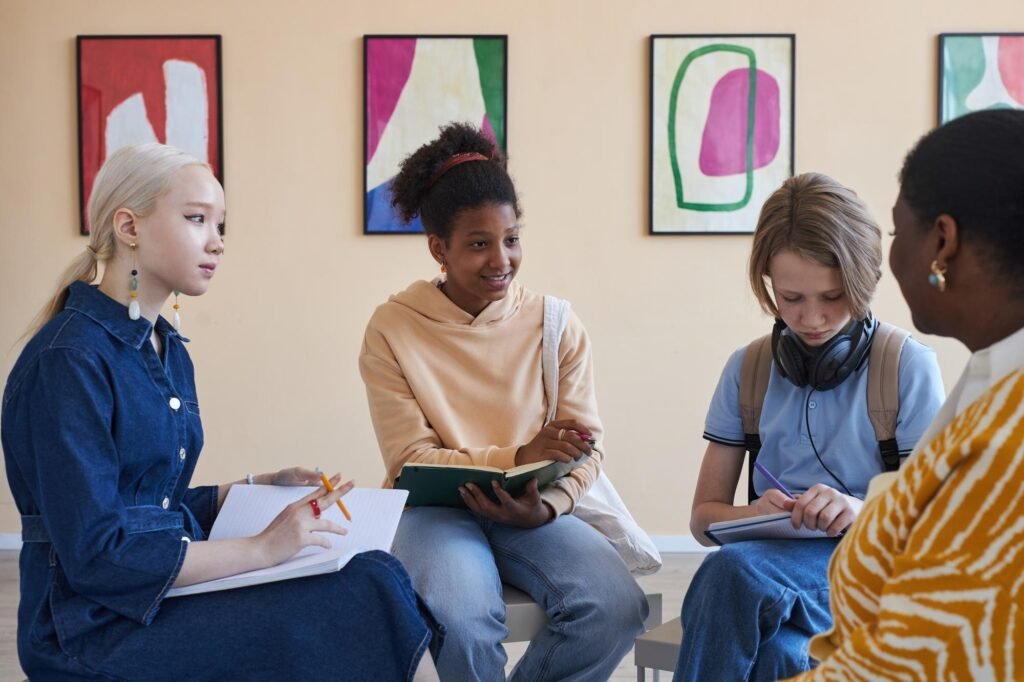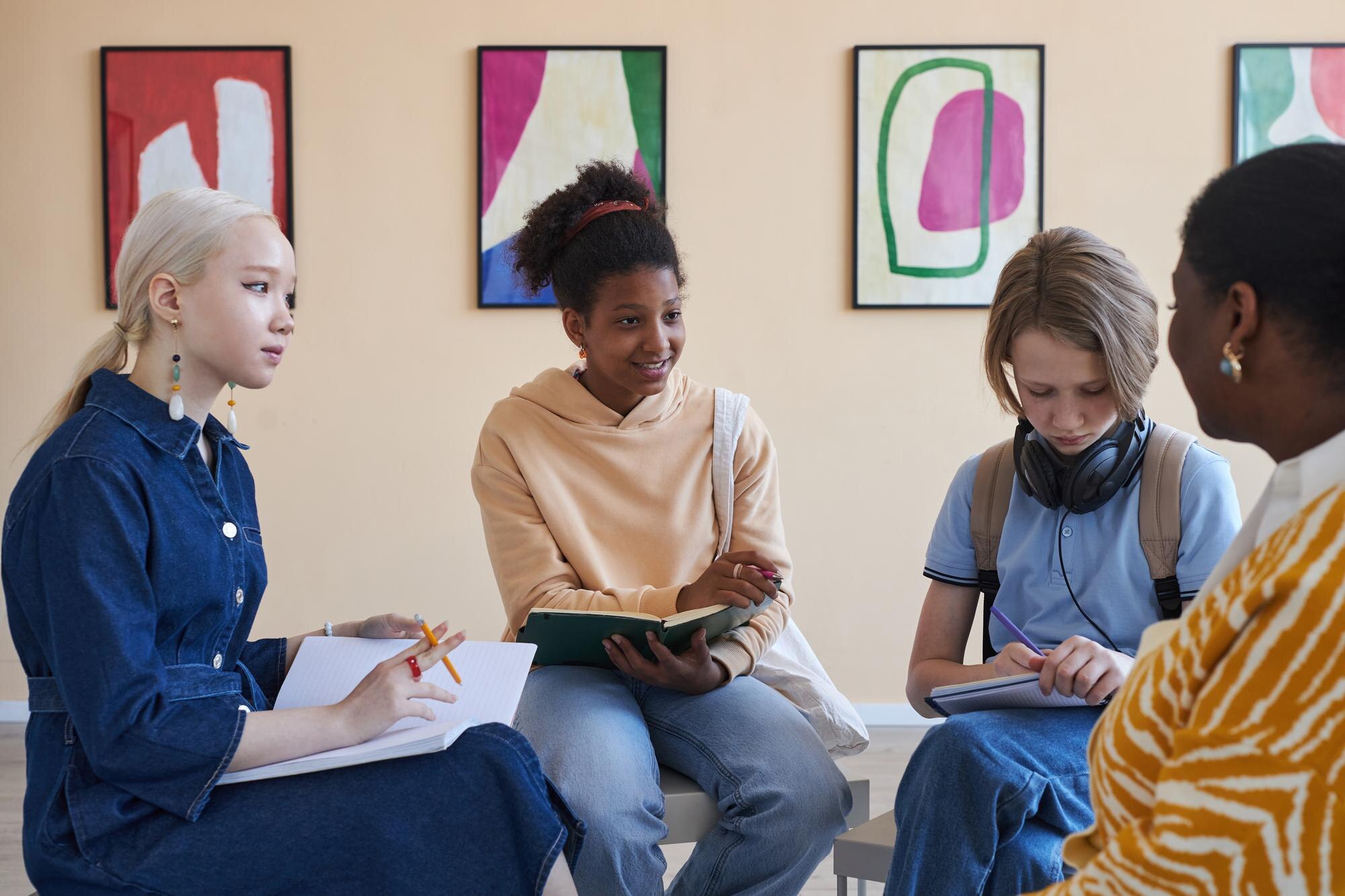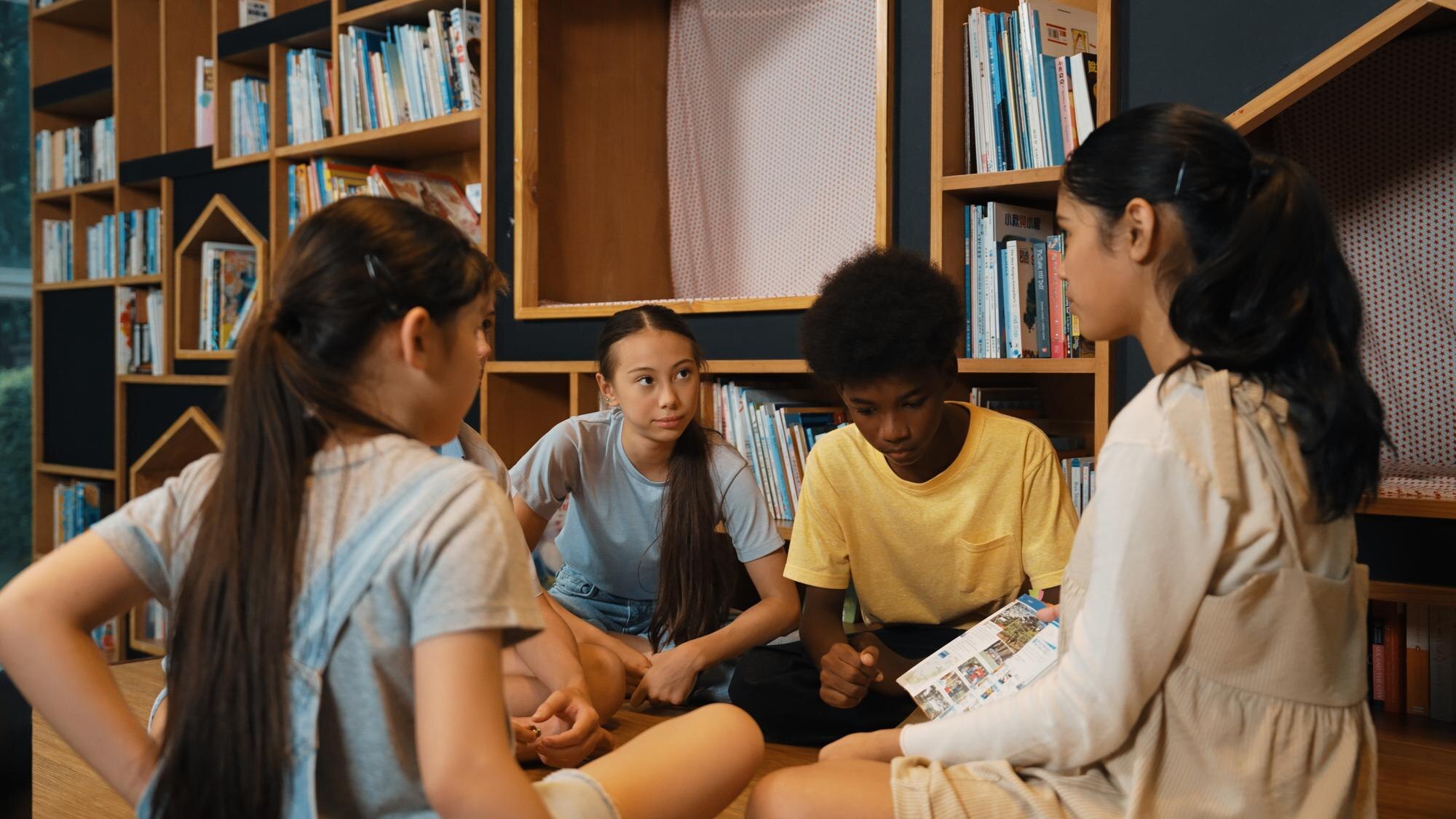
Unlocking Potential: The Key Role of Cultural Sensitivity in Coaching Gifted Youth
Imagine a world where every gifted teen feels understood, supported, and free to embrace their unique talents. Yet, cultural differences can often create barriers, leaving these young minds feeling isolated. That’s where cultural sensitivity steps in, offering a bridge to emotional growth and understanding. In this blog, we’ll uncover how embracing different cultural perspectives can transform the way we coach gifted youth, nurturing both their hearts and minds. Ready to explore how this vital approach can enrich your family’s journey? Dive in with us.
Embracing Cultural Sensitivity in Coaching

Cultural sensitivity is crucial in coaching gifted youth, as it lays the groundwork for understanding and acceptance. By recognizing and respecting cultural differences, coaches can create an inclusive environment that fosters emotional growth. This section explores how to effectively embrace cultural sensitivity in coaching.
Understanding Cultural Differences
Cultural understanding is the first step to effective coaching. Recognizing that each individual comes from a unique background helps in tailoring support. When coaches are culturally sensitive, they can relate better to the challenges faced by gifted youth from diverse backgrounds.
Effective coaching requires being aware of different cultural norms and values. For instance, what is considered respectful behavior in one culture might be perceived differently in another. Educators can benefit from resources like Culturally Responsive Classrooms, which offer guidelines for creating inclusive learning spaces.
In practical terms, this means engaging with families to gain insights into their cultural context. By doing so, coaches can avoid assumptions and provide more tailored support. Understanding cultural differences isn’t just about knowledge—it’s about empathy and open communication.
Building Bridges for Emotional Growth
Cultural sensitivity acts as a bridge to emotional growth for gifted youth. When young people feel understood, they are more likely to express their thoughts and emotions freely, leading to healthier emotional development.
Real-world examples show that culturally aware coaching can significantly enhance emotional intelligence in gifted youth. For instance, coaches who integrate cultural nuances into their practice see improvements in the emotional resilience of their students.
To foster emotional growth, coaches should:
Encourage open dialogue about cultural experiences.
Validate the unique perspectives of each youth.
Implement culturally relevant coaching methods.
These steps help in building trust and rapport, essential elements for emotional growth and understanding.
The Impact on Gifted Youth

Cultural sensitivity in coaching significantly impacts the development of gifted youth. It nurtures their emotional and mental well-being, allowing them to thrive. This section delves into how sensitivity can nurture young hearts and minds and help overcome feelings of isolation.
Nurturing Hearts and Minds
Gifted youth often face unique challenges due to their heightened sensitivities. Cultural sensitivity plays a crucial role in nurturing both their hearts and minds. By acknowledging their diverse backgrounds, coaches can better support their emotional and cognitive needs.
Coaches must prioritize creating a safe space where gifted youth feel seen and valued. This involves active listening and acknowledging their unique challenges. Coaches can refer to resources like Cultural Sensitivity in Coaching for more strategies.
In practice, this means:
Recognizing individual strengths and talents.
Encouraging self-expression and creativity.
Facilitating discussions that explore cultural identity.
These strategies help gifted youth develop self-awareness and emotional intelligence.
Overcoming Isolation Through Support
Feelings of isolation are common among gifted youth, often exacerbated by cultural differences. Cultural sensitivity offers a way to bridge this gap, providing essential support to these young individuals.
Case studies highlight the effectiveness of culturally sensitive coaching in reducing isolation. For instance, youth who participated in culturally tailored programs reported increased feelings of belonging and support.
Key takeaways from these studies include:
Culturally sensitive coaching reduces feelings of alienation.
It fosters a sense of community among diverse youth groups.
Coaches become valuable allies in the youths’ support networks.
By providing a supportive environment, coaches can help gifted youth feel less isolated and more connected to their peers and mentors.
Practical Strategies for Parents and Educators

Parents and educators play a significant role in supporting gifted youth. This section provides practical strategies and tools for effectively engaging with and nurturing gifted youth through cultural sensitivity.
Tools for Effective Parent Support
Parents are integral to their child’s development. With the right tools, they can support their gifted teens more effectively. A culturally sensitive approach can help parents understand and address their child’s unique needs.
Recommended tools for parents include:
Cultural awareness workshops: Attend sessions to better understand cultural nuances.
Family discussions: Encourage open conversations about cultural identity and its impact.
Resource materials: Utilize guides like Why Cultural Awareness in Coaching to enhance understanding.
These tools empower parents to support their child’s emotional growth and well-being actively.
Workshops for Gifted Education Enhancement
Educators can significantly enhance their teaching strategies through workshops focused on gifted education and cultural sensitivity. Such workshops provide insights into creating inclusive and supportive learning environments.
Attending workshops helps educators:
Gain new perspectives on cultural diversity in education.
Implement teaching strategies that are inclusive and effective.
Connect with other educators to share experiences and practices.
For more information on enhancing gifted education through cultural sensitivity, educators can refer to Enhancing Impact Through Sensitivity.
By participating in these workshops, educators not only improve their skills but also contribute positively to the development of gifted youth.
🌟

A certified Heal Your Life® Coach with 20+ years in education and emotional development. Supports gifted teens in navigating anxiety, perfectionism, and identity challenges, while equipping parents with practical tools for lasting transformation. Sessions blend emotional healing, mindset mastery, and strategic empowerment.



